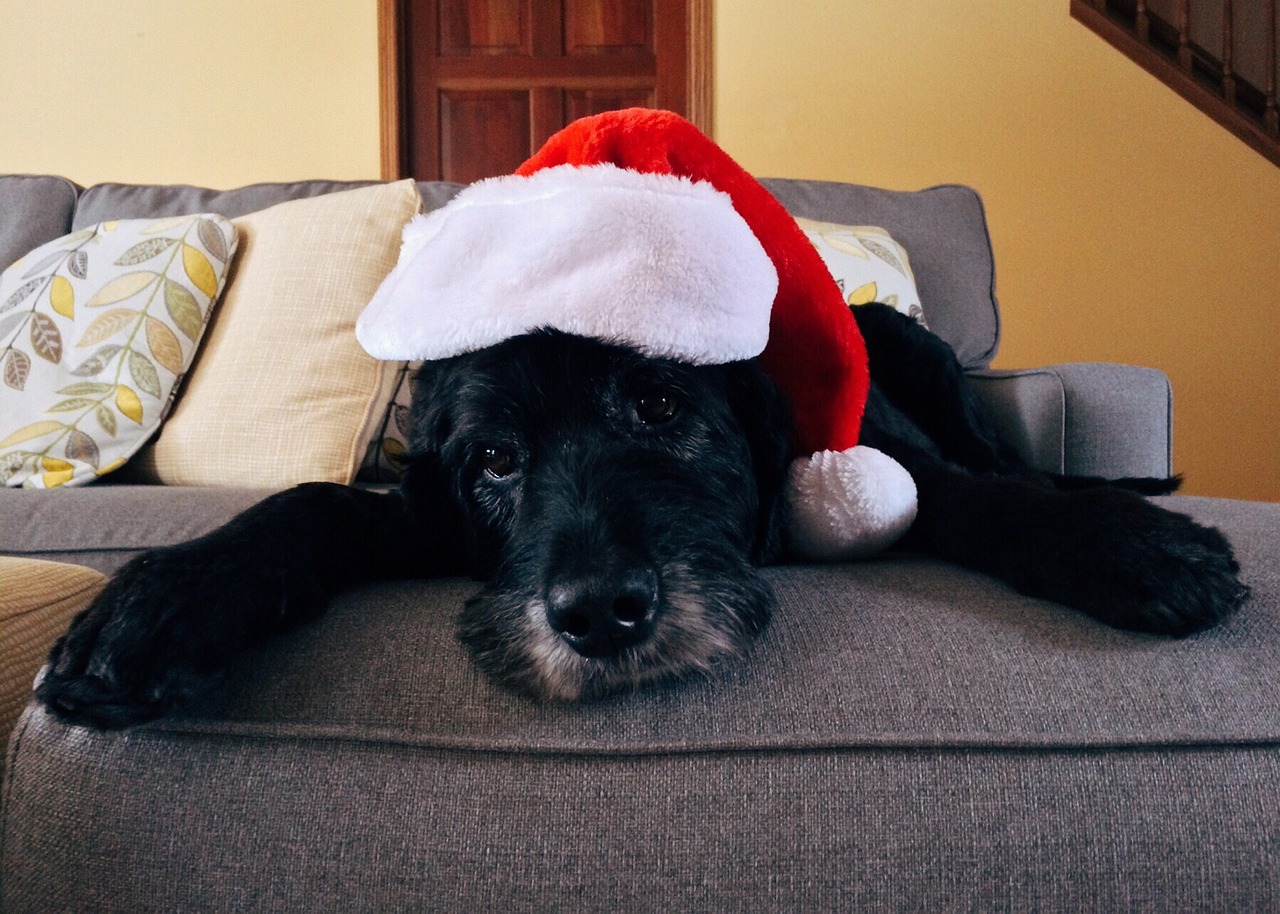Having friends and family visit is an everyday holiday activity that many rescue pups struggle with. The holidays don’t have to be scary for your rescue dog. By making some preparations ahead of time, you can ensure that your pup is better able to enjoy the holidays and all the chaos they bring.
Set up a home base ahead of time
If your dog is already crate-trained, it has the perfect spot to hang out when things get overwhelming. If it is not crate trained, arrange a place for it in an area that will be quiet during your holiday celebrations, such as your bedroom. Ensure it has a comfortable resting spot, a bowl of fresh water, a treat, and a favorite toy to keep it company.
Be smart when making introductions
If you have guests who are young or nervous around dogs, it makes sense to leave your pup out of the celebrations. Successful encounters are vital to help your dog gain confidence, so plan on working on socialization over the coming year. There is always next holiday.
Introduce friends and family who are comfortable around dogs slowly. A dozen people suddenly invading your pup’s space is overwhelming and would be stressful for even the most well-socialized dog. Stagger arrival times so your dog can get to know the newcomers before the next group arrives.
Let your company know you have an anxious pup and ask for them to help make the visit a success. Most loved ones would be happy to assist you. Consider leaving some of your dog’s favorite treats outside the entrance for your visitors to offer your pup when they walk through the door.
Watch for signs of anxiety
Keep a close eye on your dog throughout the entire visit. It is tempting to assume that once initial introductions are made, your dog will be fine, but dogs can be sensitive to various stimuli. Sudden movements, loud noises, or simply becoming tired and overwhelmed can all cause them to lose their cool.
Signs that your dog may need a break from the festivities include obvious behaviors such as snapping, growling, and tucking its tail between its legs and less obvious signs such as yawning, pinning its ears back, avoiding eye contact, and licking its lips. Remove your pup to his crate or quiet spot if you notice any of these signs.
Encourage successful encounters
Don’t get discouraged if your pup doesn’t manage to spend the entire holiday visit socializing. It is better to limit the contact and have a successful visit than to have a visit that pushes your luck and ends with your dog becoming aggressive or scared. Even a previously gentle dog may bite when they are fearful. Dog bites can cause serious injuries including puncture wounds, torn tendons and muscles and even nerve damage. You do not want to risk harm to your dog or guests.
Also, don’t be afraid to take your pup back out later, as things quiet down. Several short, friendly interactions are much better for learning and giving your pup confidence than one long visit, during which it will be exhausted and overstimulated.
